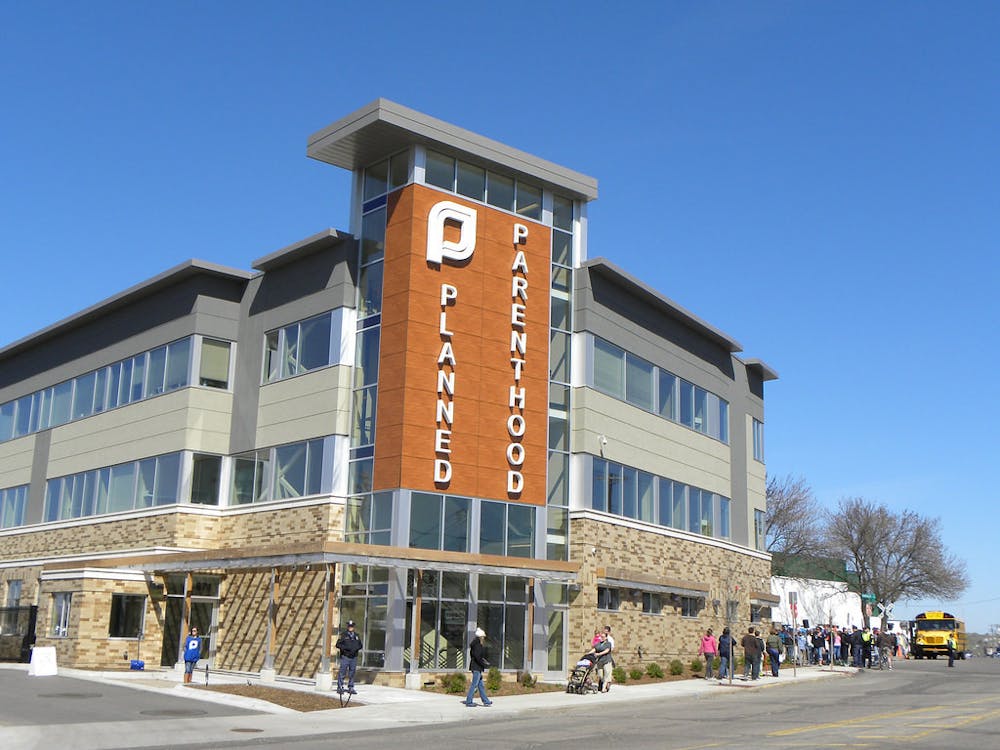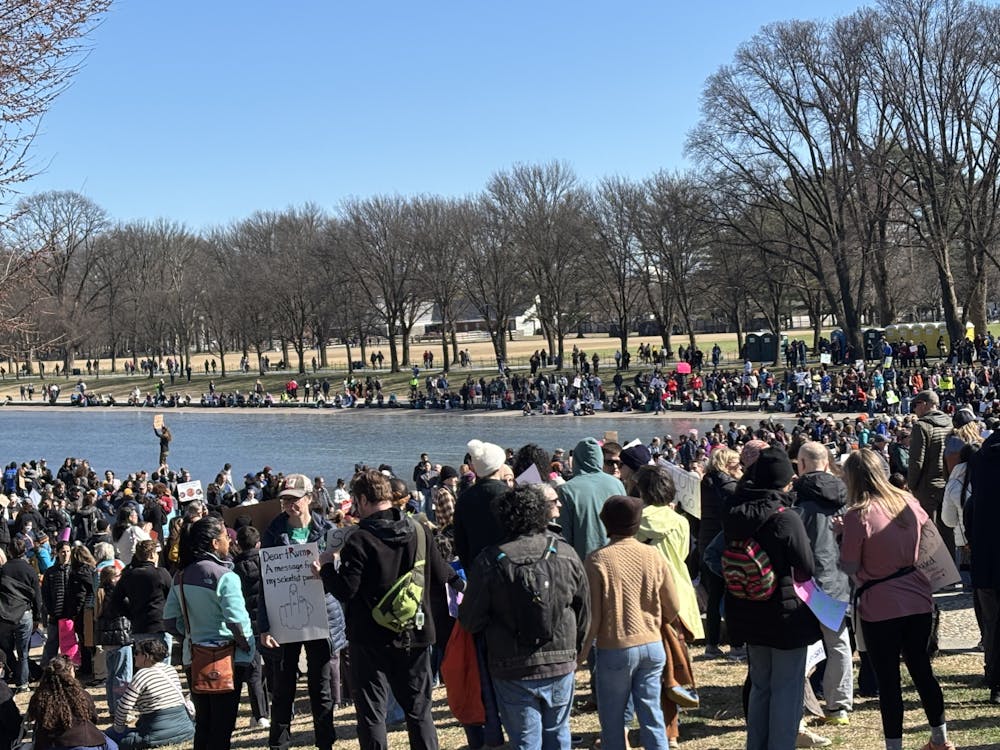“Reproductive Rights in the Age of Dobbs,” an event hosted by the Center for Public Health and Human Rights and co-sponsored by Public Health Students for Reproductive Justice, featured three guest speakers on March 28 to share their insights on the ongoing discussion about the status quo of reproductive justice since the Dobbs v. Jackson decision on June 24, 2022.
The Supreme Court overturned the landmark decision of Roe v. Wade and revoked the constitutional right to abortion through Dobbs v. Jackson. This has given individual states the right to determine the legality and access to abortion. In its wake, thirteen states immediately triggered a ban on abortion weeks after the decision. The Turnaway Study, a longitudinal study mentioned during the panel, investigates how unwanted pregnancy affects women. According to the study, being denied access to abortion care is shown to be correlated with poorer outcomes in physical health, mental health and socioeconomic status.
At the event, three panelists shared their experiences and insights as active advocates for abortion access and reproductive rights in the post-Dobbs world.
Sara Daniel, a third-year doctoral student in the Department of Epidemiology at the Bloomberg School of Public Health, emphasized the influence of the Dobbs decision on women’s lives.
“Nearly 29 million women of reproductive age living in those states [that banned abortion] are forced to travel long distances to access care,” Daniel said.
In December 2021, the FDA allowed clinicians to dispense mifepristone, an abortion pill, via telehealth. After Dobbs, individual states now have the power to modify this policy by either requiring in-person distribution of abortion pills or imposing a complete ban on abortion care via telehealth.
Physicians who are also advocates for abortion rights have been combating the restrictive actions of states toward abortion access. Rebecca Gomperts from Aid Access, a group of doctors and advocates for abortion rights, was one of the panelists. She has been working to make abortion accessible in states where it is currently illegal, which includes protecting national access to mifepristone.
During the discussion, Gomperts discussed abortion shield laws, which grant protection to in-state physicians continuing to practice abortion care. Many physicians have been providing abortion pills across state borders to those who live in states with abortion bans. More are trying to obtain that shield.
“The opportunity for the U.S. to [ensure continuous access] to abortion is to implement the shield laws in all the different states,” Gomperts said.
However, those efforts are countered by conservative policy. For example, a lawsuit in Texas from the anti-abortion group Alliance for Hippocratic Medicine sought to revoke the FDA’s two-decades-long approval of mifepristone.
Emily Bazelon, a New York Times writer and author, described a line of defense if a nationwide ban was ordered.
“Abortion pills will become a single pill misoprostol in the [U.S.], which is much less regulated and much easier to get. You just have a normal prescription. It's used to treat stomach ulcers, so they can't really take it off the market,” Bazelon said.
Nine months have passed since the Dobbs decision. Advocates for abortion rights, like Gomperts, Bazelon and Daniel, have been fighting for reproductive justice in their respective ways. At the end of the discussion, the panelists were asked to share their notes of hope with the audience.
Bazelon expressed her optimism in seeing the progress of advocates for abortion rights.
“Change can be bad, but it also brings out unexpected things in people sometimes. That is the next chapter of the U.S. that I’m really curious about,” she said.
In an interview with The News-Letter, Daniel reflected on why she first became interested and continues to be passionate about human rights and reproductive justice.
“People have really hard lives, and you want to be able to give them as much autonomy, resources and access as possible to make the best decision at specific times in their lives. I think it is the kindest thing we can do for each other,” Daniel said.

















